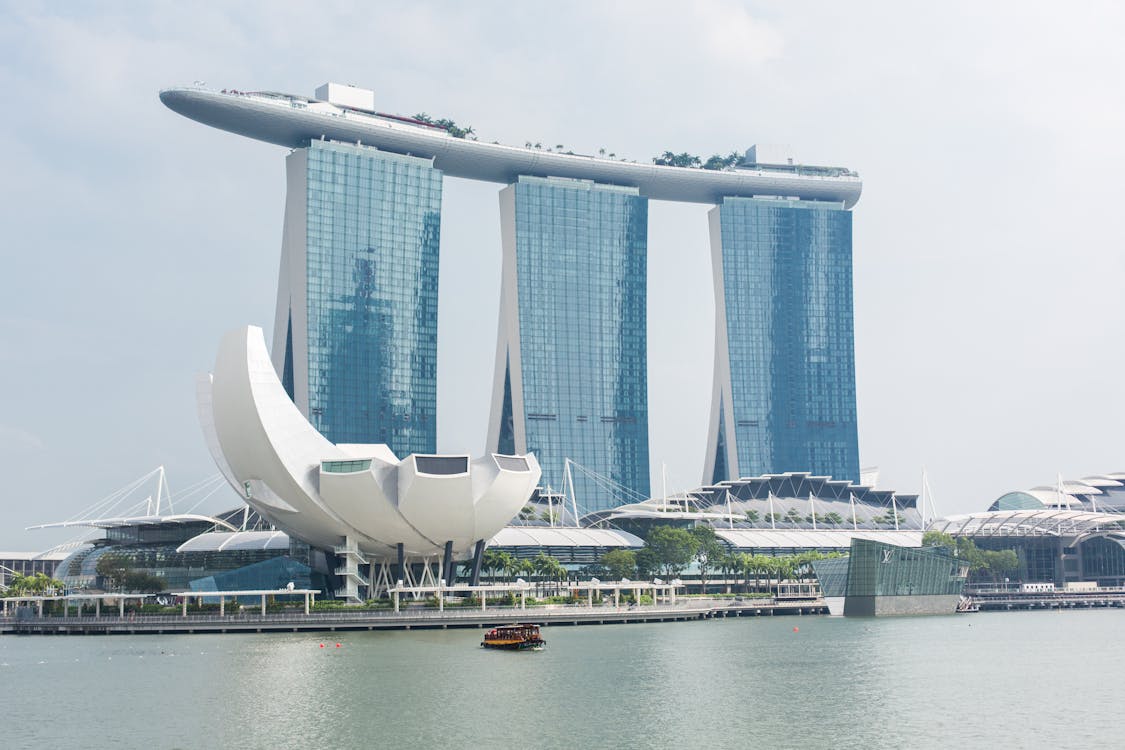Indonesia blockchain sandbox signals major fintech regulatory transformation
Indonesia has launched a blockchain innovation sandbox under the supervision of the Financial Services Authority (OJK). This move marks a major shift in how the country oversees digital assets. The Indonesia blockchain sandbox allows crypto and blockchain startups to test products in a controlled setting. With direct oversight from regulators, Indonesia is positioning itself as a fintech leader in Southeast Asia.
Background: Transitioning from commodity classification to financial integration
Previously, Indonesia treated digital assets as commodities under the Commodity Futures Trading Regulatory Agency (Bappebti). However, in 2025, regulatory authority shifted to OJK. This change aligns the treatment of blockchain-based tools with mainstream financial services.
The update brings Indonesia in line with global trends. In many countries, digital assets are now seen as financial instruments rather than speculative items. The shift offers businesses clearer rules and opens the door for sustainable innovation in decentralized finance.
Strategic moves: Safe innovation with regulatory guardrails
The sandbox lets fintech and blockchain firms test services without securing full licenses right away. However, they must meet strict conditions. These include rules on capital reserves, cybersecurity, and governance. This ensures new projects do not cause broader risks.
OJK’s guidelines emphasize “adaptive learning.” Regulators use real-time feedback from the sandbox to guide future policies. This structure gives startups room to grow while also protecting consumers. It also replaces legal uncertainty with cooperative oversight.
Editorial insight: Indonesia aims to lead in responsible Web3 innovation
Indonesia’s early steps in blockchain regulation show clear intent. The government is not just reacting—it is shaping the future of Web3 governance. By setting the rules early, Indonesia fosters innovation while keeping accountability intact.
This model appeals to global blockchain startups. Many are looking for stable legal environments in Southeast Asia. While Singapore and Thailand offer strong fintech ecosystems, Indonesia’s mix of large market size and startup momentum gives it a unique advantage.
Future outlook: A potential blueprint for ASEAN digital governance
Indonesia’s sandbox could inspire similar frameworks across Southeast Asia. Countries like Vietnam and the Philippines are also exploring updates to fintech oversight. However, Indonesia is the first in the region to roll out a structured blockchain sandbox.
If the effort proves successful, it could boost regional blockchain adoption. It may also set a benchmark for smart, risk-aware policy in ASEAN markets. Over time, the sandbox could evolve into a licensing path that legitimizes blockchain projects in finance, supply chains, and public systems.














